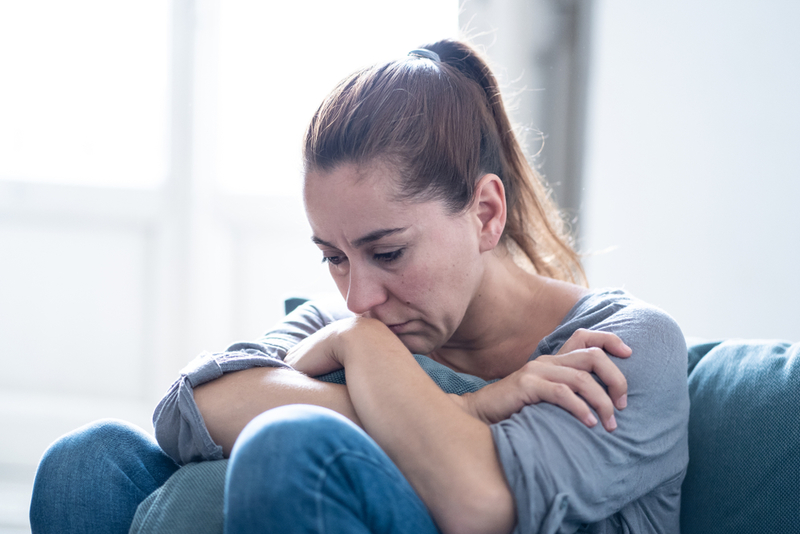After being in lockdown for over two months amid the COVID-19 pandemic, India is finally in the process of unlocking itself. But these two months have taken a toll on the mental health of many as economies are drowning and fear of contracting the disease has gripped people.
For our comprehensive coverage and latest updates on COVID-19 click here.

According to a study, conducted by popular global medical journal Lancet, the prospect of becoming physically unwell with COVID-19 ranked lower than issues related to the social and psychological response to the pandemic, including social isolation or social distancing on wellbeing, increased anxiety, depression, stress, and other negative feelings and concern about the practical implications of the pandemic response, including financial difficulties and India is no exception.
The economists have painted a grim picture of one of the most severe economic meltdowns in the country due to the coronavirus pandemic which may lead to mass unemployment, business shutdown and loan defaults etc. A survey conducted by the Indian Psychiatry Society, said within a week of the start of the lockdown, the number of reported cases of mental illness in India had risen by 20 percent.
Now as the country proceeds towards unlocking, people may suffer a massive mental health crisis due to economic meltdown and other factors like unemployment, alcohol abuse, economic hardship, domestic violence and indebtedness, say experts. Speaking to IANS, Dr Roma Kumar, Senior Consultant psychologist at Sir Ganga Ram Hospital said "We are aware that the pandemic took us by surprise and none of us was prepared. It has affected each one of us from infants to old age. Businesses around the world shut down, fears over job security and financial stability have been the major sources of worry and uncertainty. We have gradually begun to become used to living our lives this way."
Dr Roma also said that whilst many people felt a sense of terror and experienced fears of entrapment and heightened anxiety when the lockdown was announced, a good number of the very same people will now be quite comfortable with the new 'normal' and now may get into thinking and worrying about what comes next post-lockdown. She also said that due to the pandemic and lockdown, former pattern of living is likely to have changed and that people might not go back to what they used to know.
"Our workplaces might become more flexible; reducing the hours that we used to spend in the office. Our struggle with public transport and rush hour, might not be the same. With more time to sleep, read, and reflect, some people with pre-existing mental health conditions have been seeing their moods improve which is why the idea of ending lockdown may be disturbing for them."
Dr Roma suggested that people should take it one day at a time and should not think about what it will be like for the next few months. "Try to focus on today and tomorrow, as it won't be so overwhelming. We need to accept that there are things we can't control. What you can control is how much news you consume and how much time you give to thinking about a post-lockdown life," she said, adding "Try to focus on positive coping strategies such as exercise, meditation etc rather than food, drink or smoking. Monitor your inner dialogue; are your thoughts helpful or are they contributing to your feelings of anxiety?"
She said that it is advisable to understand that it's going to take some time to readjust to life following lockdown just as it took time to adjust to lockdown and that doing this in a slow, step-by-step manner, just like a phased return to work adjustment in the workplace, might be just what you need in your personal life too."
Dr Shanu Srivastava, senior psychologist at Indian Spinal Injuries Center hospital told IANS that people may suffer emotional ups and downs due to many reasons. "Those who have lost their jobs during the lockdown, they might go through various emotional ups and downs. Their self confidence and self esteem will be affected badly. If they don't have good emotional and social support in their lives they might face very serious and severe mental health crises like depression, anxiety, panic attacks, sleeping disorder and suicidal tendencies etc."
He said that people should accept the challenges posed by the pandemic and patiently, step by step they need to work on issues they are facing at present. "People must try meditation and remain hopeful that this shall pass and things will be fine gradually. They must keep calm because gradually, after some time there will be no dearth of opportunities," Dr Srivastava said.